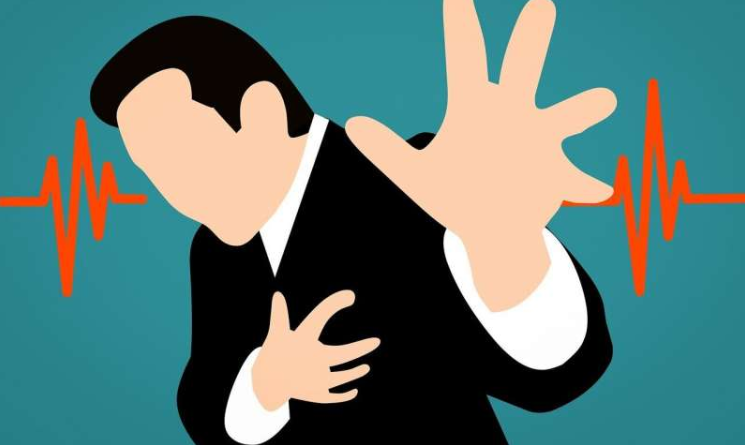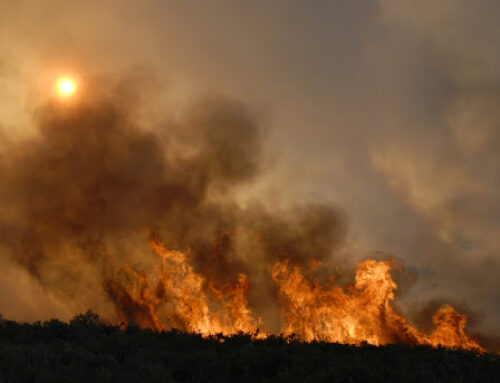Hand Out |
PowerPoint |

Quiz |
Safety Talk
What’s at Stake?
Consider this scenario… nobody was injured and there was no property damage involving an incident in the workplace. Why should this kind of “incident” be relevant? Call these incidents in question close calls or near misses.
What’s the Danger?
Why talk about incidents that didn’t happen? The following example might make it a little easier to understand by bringing a close call incident a little closer to home.
Example
Your neighbor’s son runs into your house in a panic because he has just come within a few inches of running over your two-year-old daughter who was playing in the driveway. Your first reaction might be “why didn’t you circle check your vehicle before getting in?” However, because it was promptly reported to you, you will now have the opportunity to investigate immediately for its causes.
Upon investigating you discover there is a faulty gate latch on the fence in your back-yard play area. If your neighbor’s son had neglected or ignored reporting this near-accident to you, you may never have known and this faulty gate could have eventually cost your daughter her life.
The sequence of events which lead up to an accident is like a series of errors that fall onto one another like dominoes. The close call incident is simply this same sequence of events with one of the dominoes missing.
How to Protect Yourself
- Close call incidents trigger the fact that something is seriously wrong. They allow us the opportunity to investigate and correct the situation before the same thing happens again and causes an injury or death.
- Experience has proven that if the causes of accidents are not removed, the potential for an accident will occur again and again. Unfortunately, a typical story told after many accidents is; “Yeah, that happened to Jim as well – just last week!”
- Why are close call incidents not reported? Typical reasons are: fear of reprimand or repercussions, red tape, not being aware of their importance in controlling future accidents, embarrassment, the spoiling of a safety or production record or lack of feedback when similar issues have previously been raised.
- If you keep silent about a close call you may avoid having to deal with it. But try to explain that to a co-worker who ends up in a wheelchair because of a hazard that you knew existed but were too apathetic to talk about.
- Controlling close call incidents is really the secret to reducing the overall frequency of accidents. One survey of 300 companies discovered that for every 600 close call incidents, they had 30 property damages, 10 minor accidents and 1 very serious accident.
- Close call incident reporting is a very valuable tool in helping us all manage an effective safety program.
- But the vital part is to apply corrective action immediately. The only way this can be done is if a close call is reported immediately after it has occurred. This way we can learn as much as possible.
Final Word
A fool is not someone who makes no mistakes – we all do that. Fools are those who refuse to learn from their mistakes.







